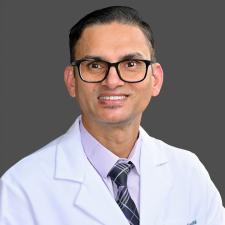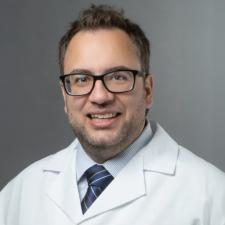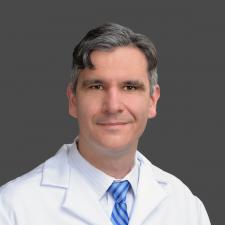Hypertension Center
Our Hypertension Center involves a specialized team of providers from across Tower Health, offering expert assessment and care for patients with resistant (difficult to treat) hypertension.
What is Hypertension (High Blood Pressure)?
High blood pressure, also known as hypertension, is when your blood pressure, the force of your blood pushing against the walls of your blood vessels, is consistently too high. Typically, hypertension—the most prevalent cardiovascular condition—is characterized as persistent blood pressure readings greater than 130/80. While perhaps causing no physical symptoms, it can lead to serious damage to your body, such as kidney failure, heart failure, aneurysm, stroke, or heart attack.
How We Diagnose and Treat Hypertension
While we emphasize prevention and lifestyle changes to manage hypertension, we also have the expertise and advanced facilities to evaluate and treat even the most complex cases of hypertension. You will have access to blood pressure tests, exams, and care in one location.
Based on your cardiovascular risk assessment and diagnostic evaluation, we will create a personalized treatment plan that may combine healthy lifestyle adjustments with antihypertensive medications, and in some cases, specialized procedures such as renal denervation.
Call for an appointment if you have:
- Severe or hard-to-treat hypertension requiring multiple medications.
- Other health problems that make treating high blood pressure more complex or important.
Vein Center
Tower Health Medical Group Cardiology - West Reading offers a comprehensive Vein Center for patients seeking innovative treatment options for leg pain, swelling, cramping, itching, varicose veins, spider veins, restless leg syndrome, ulcers, and other symptoms of vascular disease where the tiny valves in your leg veins fail to circulate blood back to the heart.
The board-certified physicians at the Vein Center have decades of collective experience diagnosing and treating symptoms of vein disease. Our entire team works together to provide our patients with a level of comfort and understanding.
Varicose Vein Therapy
When weight loss, exercise, or compression bandages or stockings don’t improve symptoms, we use minimally invasive treatments such as:
- Sclerotherapy. This procedure injects a solution that closes small and medium varicose veins, causing them to fade over a few weeks.
- Ablation. To treat large varicose veins, we insert a catheter with either a heated tip into the varicose vein or the vein is closed with surgical glue from inside.
- Branch microphlebectomy vein removal. After vein closure with either heated catheter or surgical glue, if varicose veins persist, these can be removed with microphlebectomy. We make several tiny cuts near a varicose vein and remove the vein and its branches with a tiny hook. The small incisions don't require stitches.
Minimally invasive outpatient techniques take an hour or less to complete, and patients can return to their normal routine immediately with few restrictions. No staples or stitches are required because a simple band-aid covers the tiny incisions. Our outpatient vein treatments require only local anesthetics. Recovery and symptom relief are fast, and there is little to no scarring.







